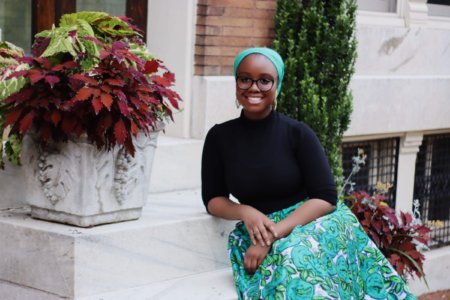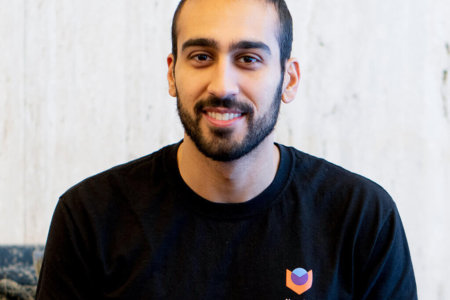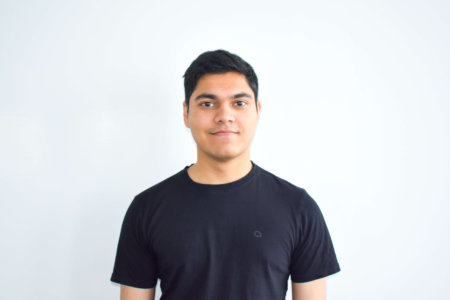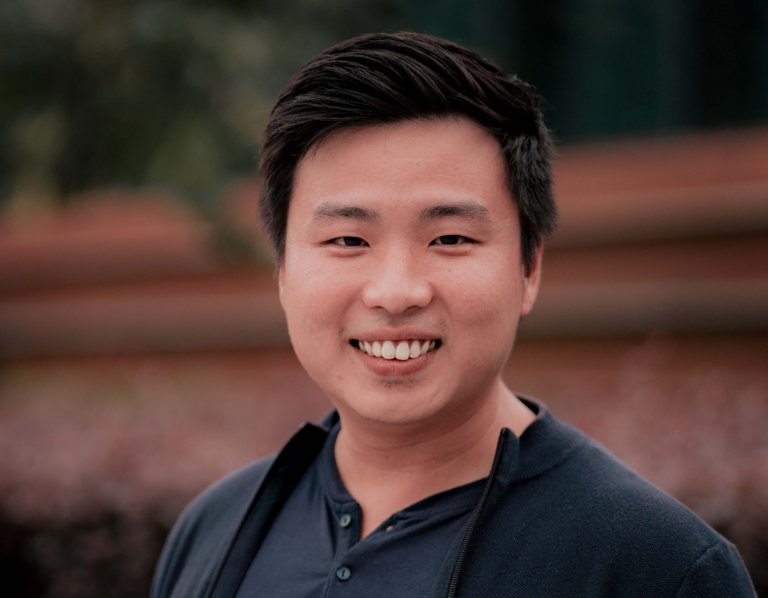
Ryan Chew, a Forbes 30 under 30 2020 icon, is Tribe Accelerator’s chief operating officer — a globally focused blockchain accelerator supported by the Singaporean government. He’s also a Commissioned Officer of the Singapore Armed Forces and holds the rank of captain in the Singapore Artillery.
Today, Chew is working hard to grow Tribe Academy, which offers courses in specialised technologies such as blockchain, data science, cybersecurity and machine learning to help fill a talent gap in the emerging tech industry, especially in developing countries in Southeast Asia.
He has also founded several startups at a young age. From gaming to utility apps, he’s got plenty of hands-on experience in the startup industry. One of his ventures, a gaming app called “So Charades,” which he developed when he was only 21.
Chew, a sociology major who graduated from Nanyang Technological University, went on to serve as managing director and a member of the board of directors of Verlocal — a Silicon Valley startup. Within a year, he grew the company to a team of 10 and helped more than 100 SMEs and freelancers turn their passion into their careers.
He’s on a mission to help build sustainable communities that will help companies with new frontier technologies like blockchain. We talk to him about his studies abroad in the US and in Sweden, and where he envisions his digital programming company to be in the future:
Walk us through “So Charades” and “Fixir.” What was your passion behind these apps?
“So Charades” was essentially a localised version of the US game “Heads Up!” by Ellen DeGeneres, which started because I wanted to solve a problem. While “Heads Up!” was fun, it was very Americanised. For a Singaporean like me, I spent most of the game tapping the skip button. So I developed “So Charades”, which incorporates local characters and personalities from my country.

Mobile gaming apps have taken the world by storm since 2008 when Apple released 500 apps. Source: Jewel Samad/AFP
As for “Fixir,” it’s an app that allows drivers to easily get quotations for their car repairs from reliable car workshops within their vicinity. This aims to solve problems that young inexperienced drivers face when they encounter issues with their cars but do not know who they can get help from.
How does Tribe Accelerator help develop job-ready tech talents?
This digital programming platform in Singapore is the world’s first government-supported blockchain accelerator. It brings together governments, corporations and transnational institutions from around the world.
Tribe is supported by government institutions from Singapore, the Middle East and Europe. It’s also backed by some of the world’s leading organisations such as Citibank, BMW, Alibaba, IBM, PwC, AXA, WeBank, Intel, among others. It’s also supported by institutions like the World Economic Forum, the International Monetary Fund, the United Nations Development Programme and more.
With all this support, Tribe has helped raise more than 50 million US dollars in funding for cutting-edge startups from around the world with a total valuation of over US$1 billion. These startups aim to solve global problems, from food security to medicine deliveries.
In addition to supporting blockchain startups, we are working to increase skills and talent development in this field. We have launched Tribe Academy, which is a digital programming school based on an innovative income share agreement that spreads the cost of education across education bodies, governments, corporate enterprises and startups.
This initiative is being rolled out across Southeast Asia and aims to help underprivileged, talented students in developing regions access high-quality education; it also gives them a better chance at quality employment. Tribe Academy offers courses in specialised technologies such as blockchain, data science, cybersecurity and machine learning.
To date, Tribe Academy has also given out over 100 scholarships for individuals across developing markets. This allows them to learn about blockchain and apply that knowledge in an industry setting and has already placed graduates with companies like Shopee and Zalora.
With the rise of blockchain, what are your plans with Tribe? What countries are you looking to focus your company growth in?
We have plans on expansion in Southeast Asia and further afield. We plan to expand Tribe Academy offerings in Vietnam and Indonesia as we see a lot of potential in both of these markets and the need to develop talent there.
We realised a knowledge gap in the ecosystem where firms struggled to find qualified candidates to join their teams, especially in blockchain which was still quite new technology with relatively few students choosing to study it.
Hence, Tribe Academy comes in. We are also due to launch our No Code App Development course — an eight-week course that equips entrepreneurs and intrapreneurs with the skills needed to design and develop their own web app using the platform: Bubble.
After completing this course, students will be able to develop apps running from simple designs to more complex ones, including social media sites, ride-hailing apps or marketplaces. Entrepreneurs with zero coding knowledge or experience will be able to bring their ideas to life. This allows them to build and test prototypes faster and at a fraction of the cost of the more traditional methods.
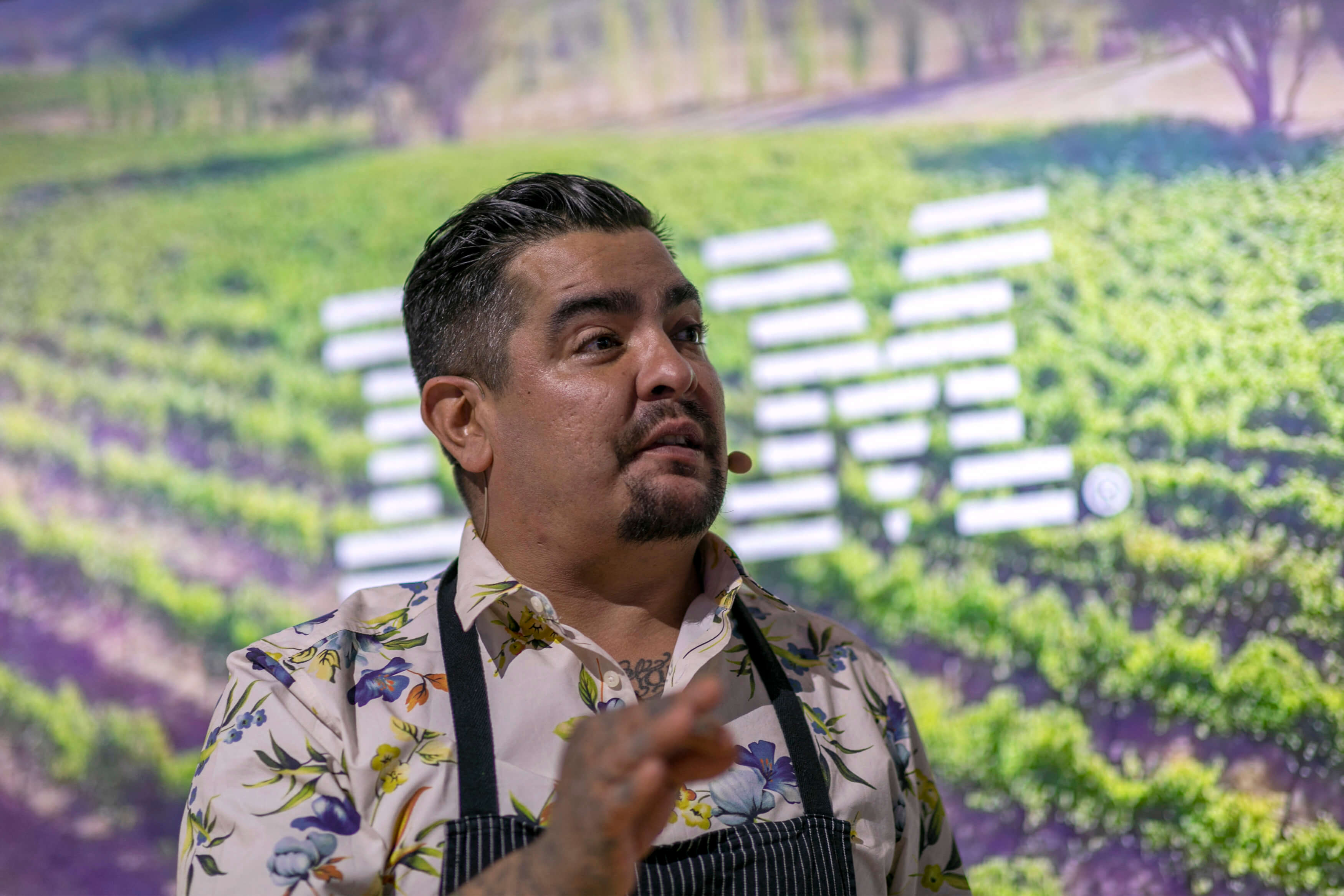
Chef Aaron Sanchez talks about blockchain technology to track foods. IBM is another global company backing Chew’s brand. Source: David McNew/AFP
How did your interest in sociology start?
I have always believed that education should be viewed holistically, not independently. The way I see it, there are three phases to my education.
The first is my primary and secondary education. This phase helped me develop the building blocks that would prepare me for the world with key subject areas that include maths, science, and history, among others.
The next phase would be my polytechnic days — it was here that I learned skills and tools which allowed me to contribute to society. I remember thinking during this period that the IT/technology and business would eventually merge — which is what we see as digitalisation today.
The final phase in uni, I chose to study sociology because I wanted to understand the rules of the “game”. Sociology helps provide a perspective that I can derive insights into certain decision-making situations.
Why did you choose to study abroad in Sweden at Lund University? What skills did you gain from your experience there?
I wanted to experience a different culture and am forever thankful that I chose to study abroad. The experience of meeting, mingling and working with people from other countries and cultures has stayed with me and taught me lessons that I still use to this day.
Singapore itself is a very multicultural place. Every day we meet and work with a wide range of people from different backgrounds, so I can say it has directly helped me in my career. Lastly, I would say this period helped build resourcefulness. Being abroad and learning how to make it work forced me to not be afraid of asking questions and getting stuff done.
What inspired you to study at the MIT Sloan School of Management after?
I wanted to further my knowledge on blockchain. At the time, it was a very nascent technology that was not used widely, more theoretical if anything. MIT allowed me to surround myself with “techies” who were at the forefront of technology in general — out-of-the-box thinkers. I definitely learnt a lot during my time there.
With the blockchain course, I learnt to empathise with people who are looking to understand the field better too. For instance, what are the key teething issues with blockchain that people have a hard time understanding and what is done to help them better understand it.
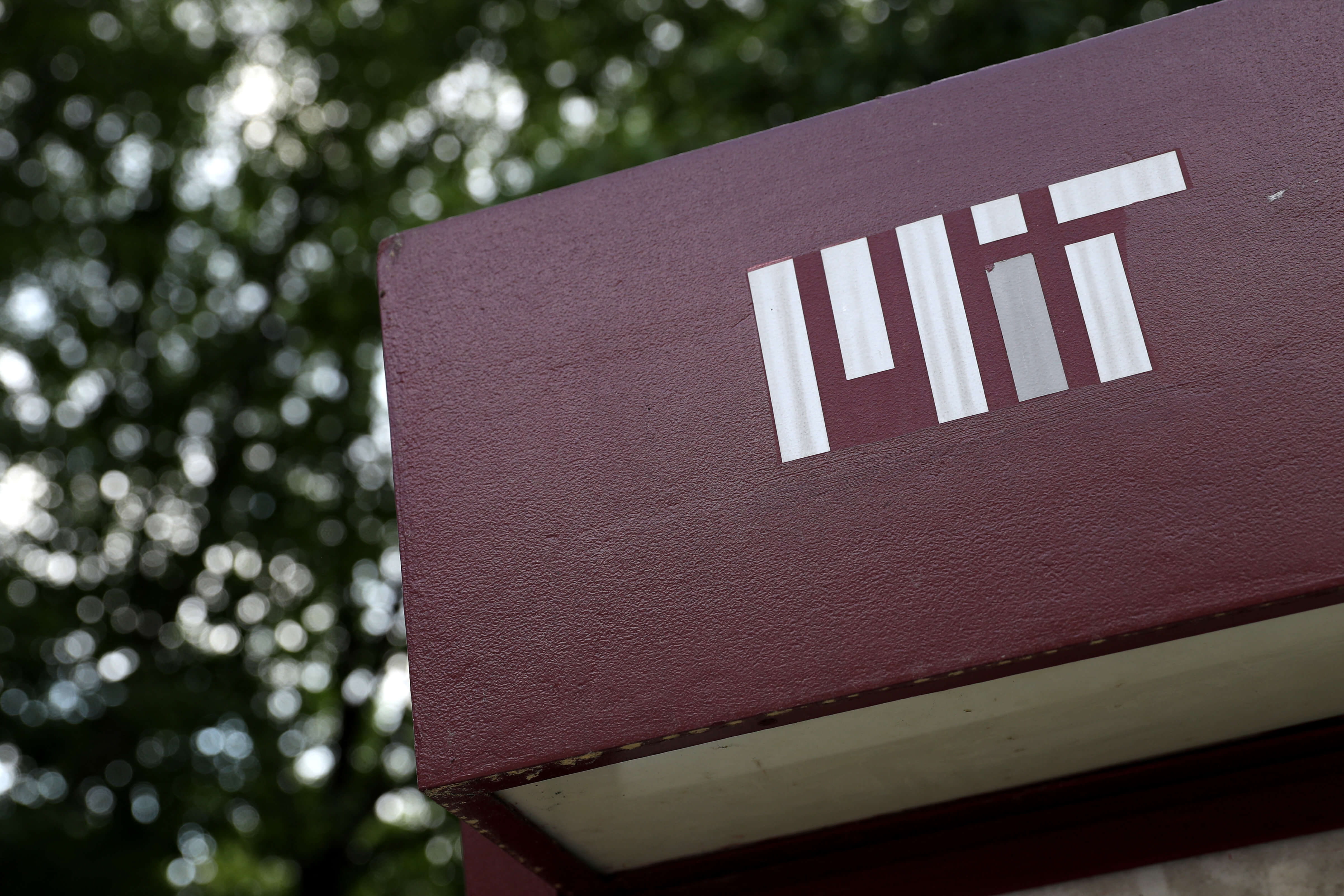
MIT provided Chew with invaluable experience into the world of tech. Source: Maddie Meyer/AFP
What advice do you have for students looking to study abroad in the world of technology?
When it comes to studying abroad, I say go for it! The great thing about Tribe is that we work with many international clients and partners; international graduates will be used to this type of diverse environment in the workforce.
I would also recommend working in the world of technology; it’s important to understand that it’s constantly changing and advances very quickly. So it’s vital that those who study technology have an open mind and ensure they are constantly curious and are ready to learn new skills every few years.








